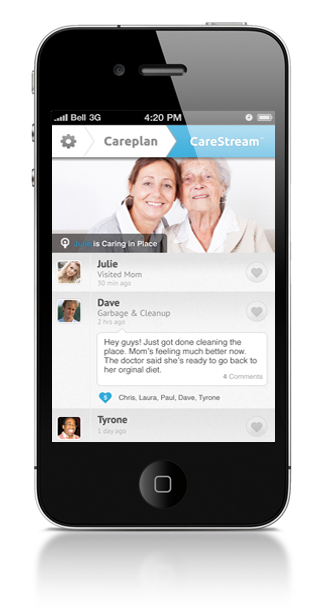 Digital health accelerator Healthbox announced its second Boston class this week. The accelerator's Boston program is one of three along with its original site in Chicago and London, which had its demo day in January. Just like last time, Healthbox's partner for the Boston class is Blue Cross Blue Shield of Massachusetts.
Digital health accelerator Healthbox announced its second Boston class this week. The accelerator's Boston program is one of three along with its original site in Chicago and London, which had its demo day in January. Just like last time, Healthbox's partner for the Boston class is Blue Cross Blue Shield of Massachusetts.
Healthbox announced that with this class they're extending their 14-week program to 16 weeks. The 10 new startups have already completed a two-week boot camp. The teams will receive $50,000 in seed capital, mentorship opportunities, help with market testing and end user research, and local office space. In exchange, Healthbox receives 7 percent equity in each company.
The 2013 class contains a mixture of consumer-facing diagnostic and sensor technologies and hospital and homecare administration technologies. Here are the 10 members of the newest Healthbox class:
3Derm Systems is tackling the area of mobile dermatology, a topic that's become something of a go-to example for risky mobile health applications. 3Derm's offering currently doesn't provide automatic feedback, it merely makes it easier for patients to photograph their own skin with a mounted device, which then transmits photographs to a professional for assessment.
Caring In Place is developing a mobile app for people caring for seniors. The app gives the user a questionnaire about the needs of the person being cared for, and from there generates checklists and to-do lists for providing care and support. That list can then be shared among multiple caregivers (like an aged parent's various children and grandchildren) who can also share care updates on a social stream.
Casagem is focused on mobile tools for the homecare industry. The company will provide tablets and data-processing software tools to make mandatory onsite data collection for homecare nurses easier and more precise.
Cellanyx Diagnostics is using a new set of biomarkers, chips and software to develop a new urine test that could predict prostate cancer.
Epion Health provides a tablet-based point of care system for hospital intake and discharge. "We fully integrate with Electronic Medical Record and Practice Management systems to reduce administrative costs and increase efficiencies," the company says on their website.
Hospitalytics aims to improve operating room efficiency with software that will predict how likely it is that a room will be needed at a given time, and allow OR managers to allocate staff and managers optimally.
Lean Wagon is (per their website) "a team of engineers, foodies, health specialists, and marketers" with the goal of making it easier to connect with personal health coaching. The company will offer interactive online coaching to employees of companies they work with.
MyProxy is a web platform for creating, managing, and updating advanced directives and healthcare proxies, to help patients prepare for end of life care.
Sensing Strip, a stealth company that doesn't yet have a website, is apparently building the next big thing in wearable sensors: health sensor tape. According to Healthbox, the tape can use micro-electronics to "sense and wirelessly transmit real-time ambulatory, cardiac, respiratory, or a variety of other data to a smart phone or tablet."
Theravid is a web-based communication tool for physical therapists to improve patient adherence. The platform uses videos and other web-based demos to educate patients about exercises.




















